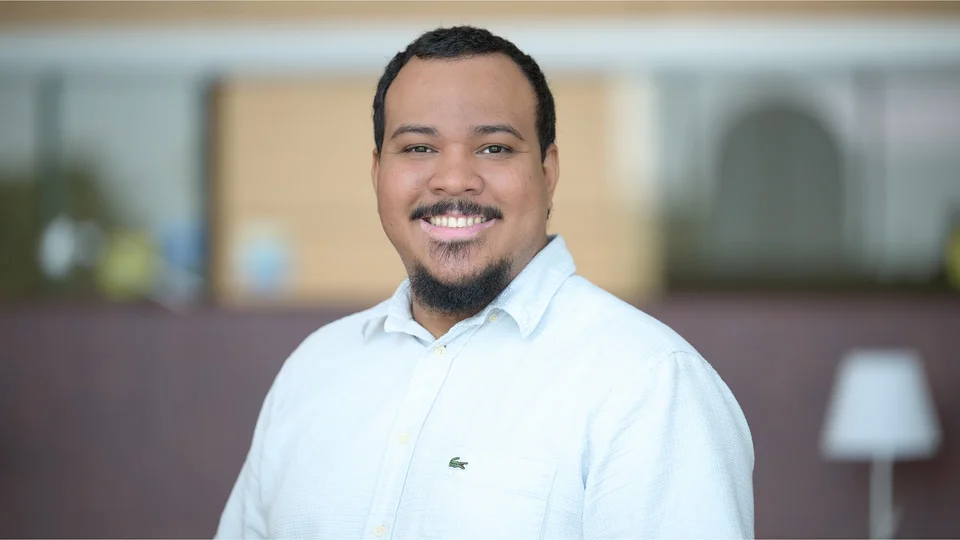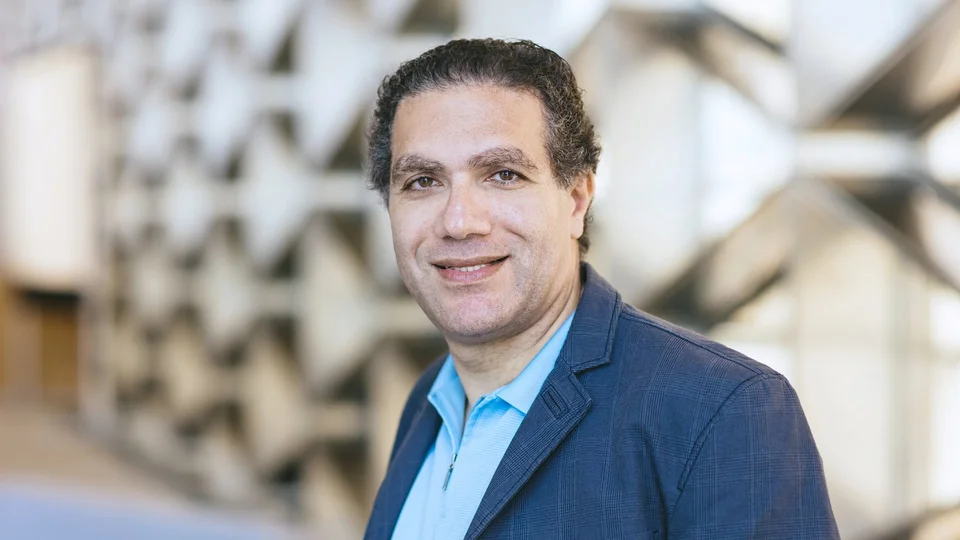
KAUST student wins global sensors and measurement systems competition
KAUST master's degree student José Ilton de Oliveira Filho recently won first place at the second edition of the IEEE International Sensors and Measurement Systems Student Contest (IEEE IS&M-SC). IEEE IS&M-SC is a global competition directed at teams of advanced undergraduates, master's degree and Ph.D. students and seeks to stimulate creative ideas for sensor and measuring systems applications.
About
KAUST master's degree student José Ilton de Oliveira Filho recently won first place at the second edition of the IEEE International Sensors and Measurement Systems Student Contest (IEEE IS&M-SC). IEEE IS&M-SC is a global competition directed at teams of advanced undergraduates, master's degree and Ph.D. students and seeks to stimulate creative ideas for sensor and measuring systems applications.
Oliveira Filho presented his winning idea at the IEEE Instrumentation and Measurement Society's flagship conference, the IEEE International Instrumentation and Measurement Technology Conference (I2MTC), held in Auckland, New Zealand, from May 20 to 23. His winning project demonstrated the development of a smart bracelet and gesture-capturer for people with Parkinson's disease (PD).
The bracelet helps people with reduced functional mobility to execute basic activities and creates a consolidated database for the disease. It also helps improve the quality of life for those with PD by assisting them to recoup independence for everyday activities.
"PD is a common degenerative disease that will reach nearly 1 million people in the U.S. by 2020 and over 200,000 people in my home country of Brazil," Oliveira Filho said. "Before I came to KAUST, I had a relative with [the] disease, and I saw its direct effect on him and his kin. People with PD commonly develop deep depression due to a...reduced quality of life...from their increased disability. The bracelet improves their quality of life and gives back dignity and independence to [them]."
"The innovative technology of the bracelet will assist people with PD to open and close doors, control the basic commands of smart TVs and enable smoother application navigation," he continued. "Moreover, the bracelet will constantly save the data of the [disease's] involuntary tremors and shaking for further classification and disease follow-up. [I believe] that the assessment of the disease can be automatized and improved using a neural network."
Read the full article

